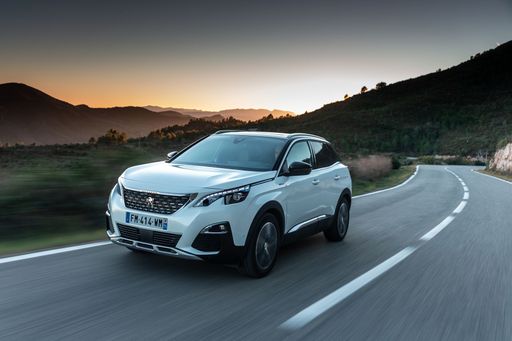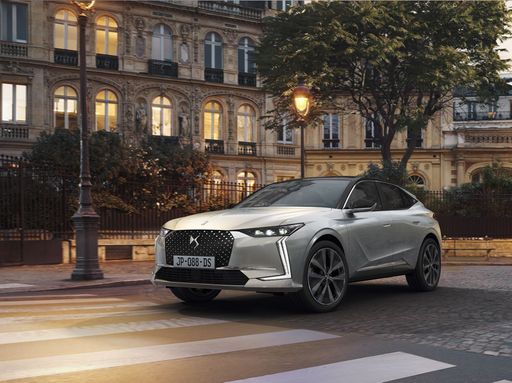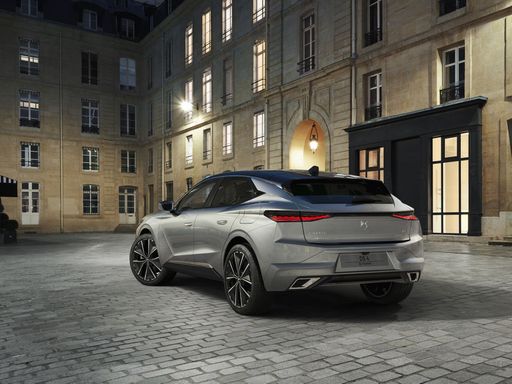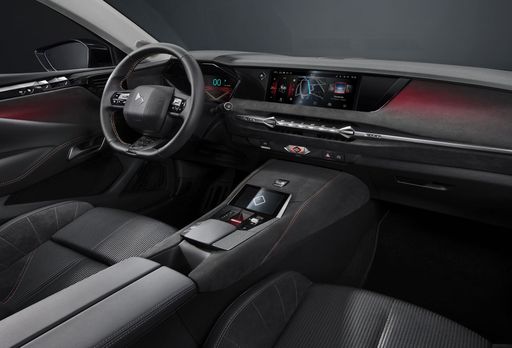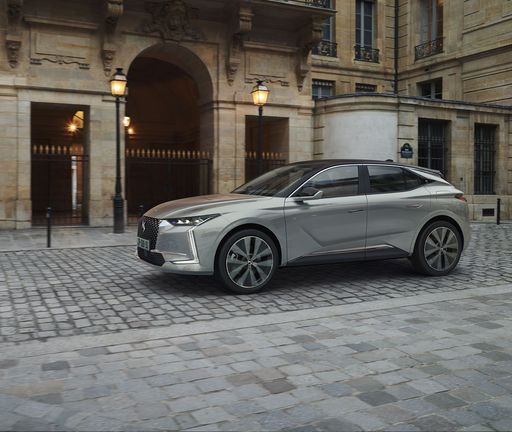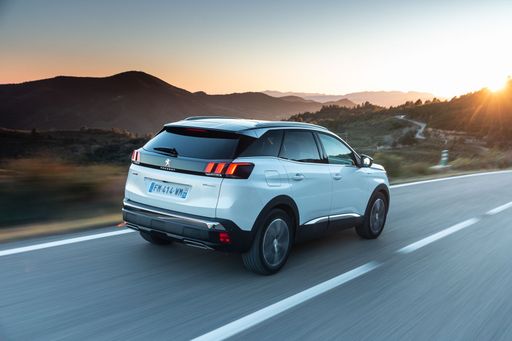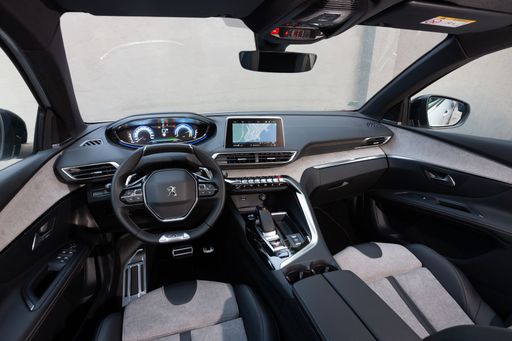DS Automobiles DS 4 vs. Peugeot 3008: A Comparative Analysis
In the highly competitive world of compact and mid-size vehicles, the DS Automobiles DS 4 and the Peugeot 3008 stand out as remarkable choices. Both models embody the engineering prowess and innovation that the French automotive industry is known for, yet each offers distinct characteristics that cater to different driver preferences. In this article, we delve into a detailed comparison of these two vehicles, exploring their technical specifications, performance metrics, and innovative features.

